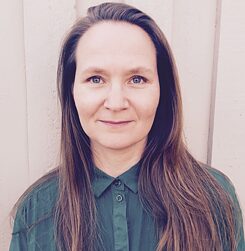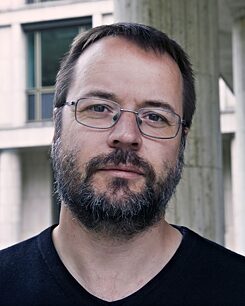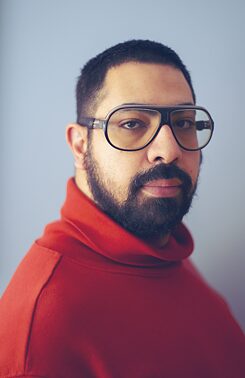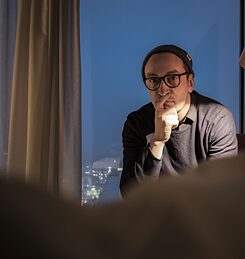How does it happen? And what potential lies there for the theatre makers and audience?
Multilingualism as a tool for creating an inclusive society in Finland was researched and financed by different bodies in various forms during the last ten years. As a result, there was an increase in the number of performances which brought multilingual storytelling to the stage. The effort is applaudable since the society is changing rapidly and the number of languages spoken in Finland has reached 160 languages. Nevertheless, one rarely hears this multitude of languages in Finnish theaters. How can multilingual storytelling and drama find its way into the stages? Without being perceived as a threat to the Finnish language? Could additional languages besides Finnish or Swedish on stage be beneficial for diversifying the narrative on stage?
Who makes multilingual theater, whose stories are told and who does it reach as a result?
In this discussion we will reflect on these thoughts together with our guests Vanja Hamidi Isacsson, Johannes Kirsten and Mohamed Moe Mustafa. The discussion will be hosted by David Kozma. We will discuss how they are using multilingualism in their work and how we have to adapt the language on the stage to the rapid changes of the society in order to diversify people on and in front of the stage.
 ©
Vanja Hamidi Isacson
©
Vanja Hamidi Isacson is a Swedish playwright (with Finnish background) and doctoral candidate in Performing Arts at Stockholm University of the Arts. Her doctoral research project studies the relation between multilingualism and communicative, dramaturgical, political and emotional functions through a number of dramatic works. The multilingual play “ASIA/ÄRENDE” is part of her PHD-project and it includes Finnish, Swedish and Russian. In 2013 Hamidi Isacson co-founded the multilingual theatre Teater JaLaDa, a professional theatre group for children in Malmö.
 ©
Johannes Kirsten
©
Johannes Kirsten is managing dramaturge at the Maxim Gorki Theater, where a lot of emphasis is placed on multilingualism. Kirsten studied German and philosophy in Berlin and New York. After positions as dramaturge at the National Theater Mannheim, Centraltheater Leipzig and Schauspiel Hannover, freelance work at the Ruhrtriennale and the National Theater Korea in Seoul and writing several radio documentaries for Deutschlandradio Kultur, he curated the festival "Karussell - Contemporary Positions of Russian Art" at HELLERAU - European Center for the Arts Dresden in 2019/20. From 2011 to 2013 he was visiting professor for drama at the German Literature Institute in Leipzig.
 ©
Mohammed (Moe) Mustafa
©
Mohammed (Moe) Mustafa was born in Kuwait in 1985 to Palestinian parents, brought up in Jordan, and is currently based in Finland. He is very proud of his mixed cultural background and heritage. Moe Mustafa is involved in various art and design fields including graphic design, sound design, video art, and theatre. As theatre director Moe Mustafa works on themes of relationship, communication, loneliness, social and mental issues. He strongly highlights diversity of working group and multilingualism.
 ©
David Kozma
©
David Kozma is a Romanian-Hungarian actor and director, the artistic director of the European Theatre Collective, the chairperson of the Multidisciplinary arts committee at the Arts Promotion Centre Finland, a member of the Nordic-Baltic mobility program for Culture, a board member at Mad House Helsinki and The Finnish Actors Union, a co-founder of a new centre for cultural diversity New Theatre Helsinki and an organizer of R.E.A.D. festival in Helsinki. At the moment he works on the last part of the Invisible Finland trilogy called The Cleaners which hopefully will be premiered at the end of April 2021.
Main language of the discussion will be English. The English content is interpreted in Finnish sign language. The audience is welcome to write their questions in chat also in other languages.
We will use Zoom for the event. To participate, simply follow the link we will send you when you register.
Registration
The discussion is part of The Satakielikuukausi / Multilingual Month, which is an annual celebration of multilingualism that falls between the International Day of the Native Language (21.2) and the World Poetry Day (21.3).
The event is organized in co-operation with Goethe-Institut Finnland and New Theatre Helsinki.
Back